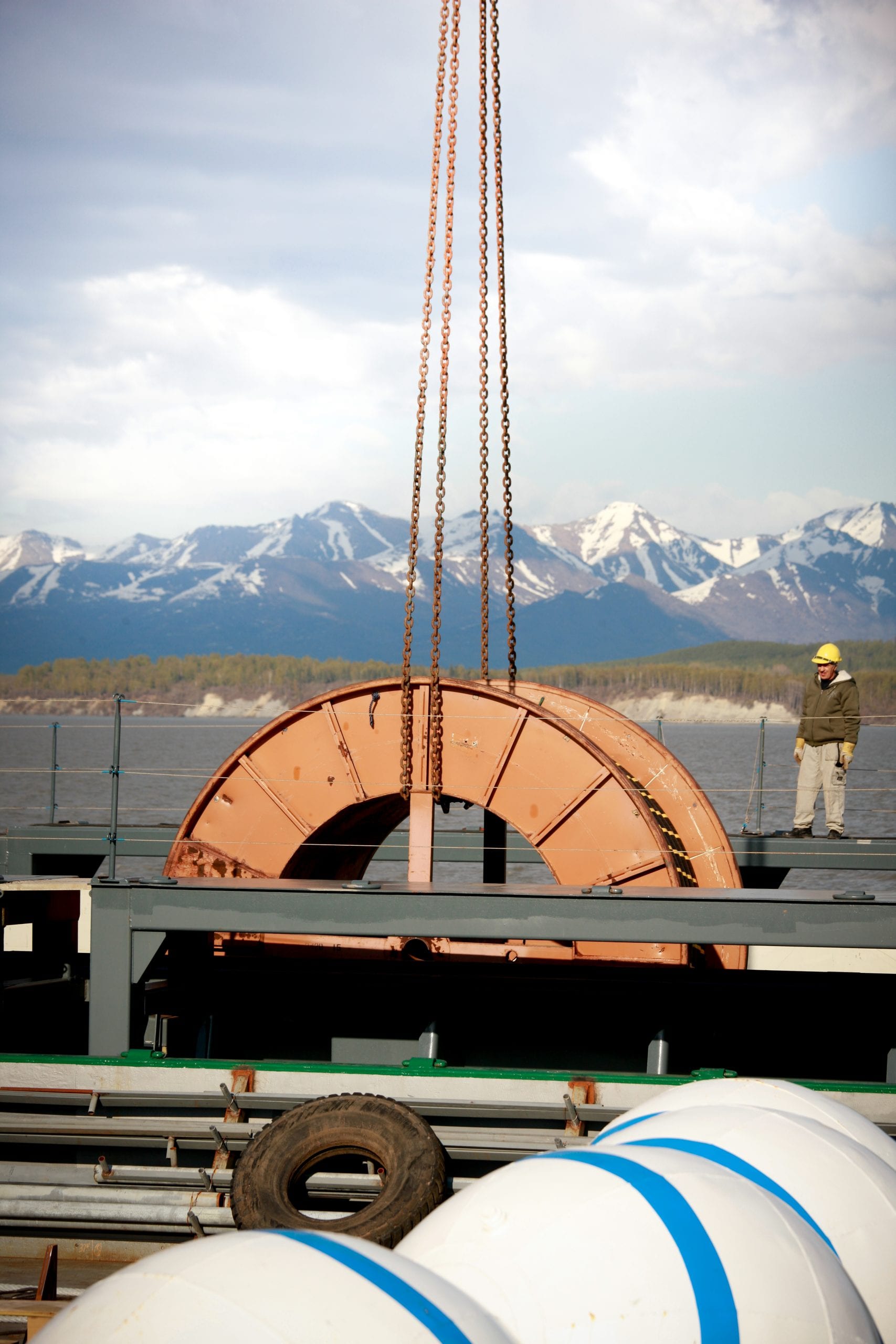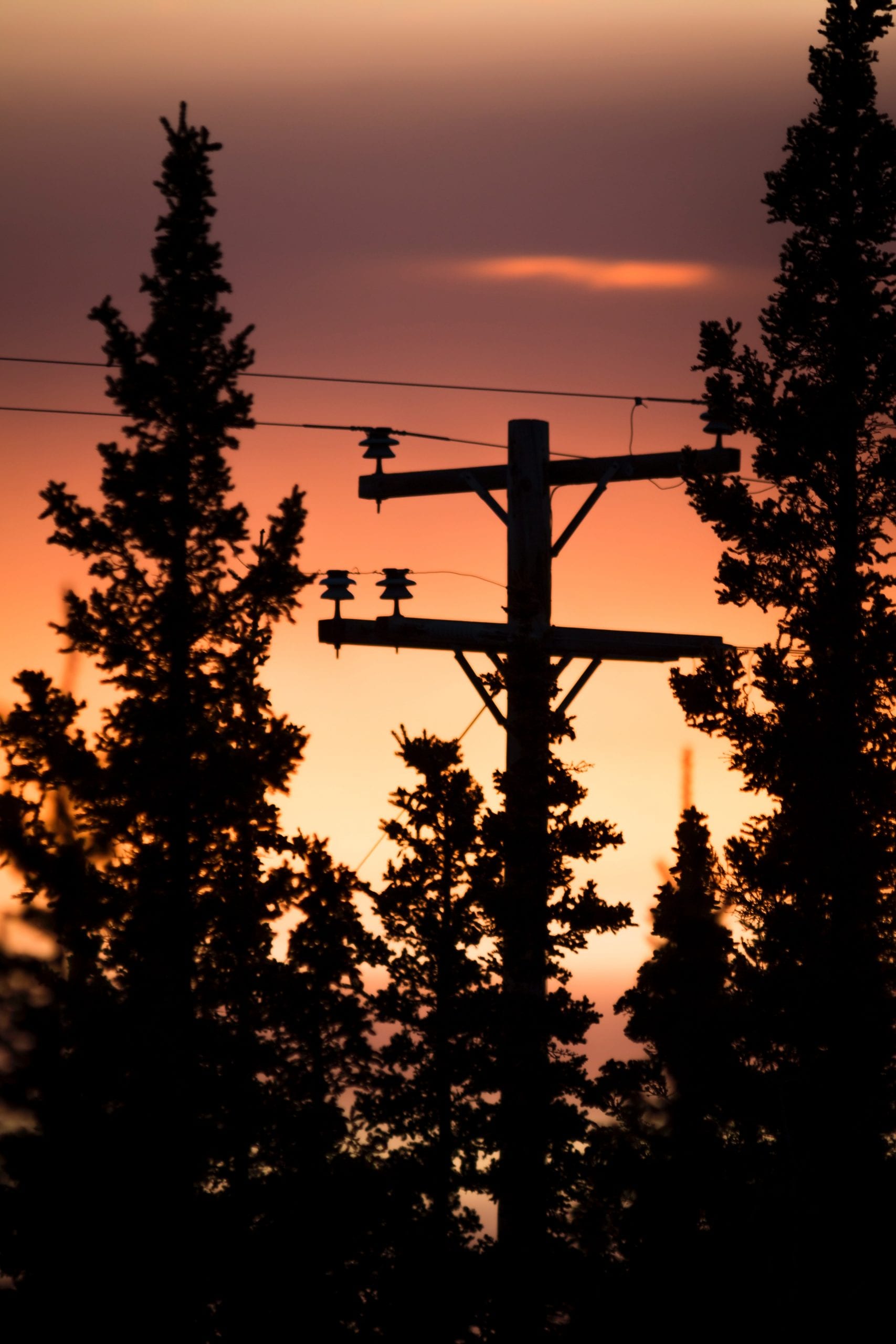Current status
In the spring of 2019 we worked to get legislation introduced in both the House (HB 151) and Senate (SB 123) in order to provide the RCA the authority to regulate an ERO, which will be a non-profit organization rather than a utility. After a flurry of hearings in the winter of 2019/2020 in both the Senate and House, SB 123 passed both chambers, culminating years of REAP advocacy. The Governor signed the bill into law in April of 2020. Since then the RCA has begun a public process to write the regulations that will govern the new regional entity. Read about the RCA order issued on May 18, 2020 to start the rule making process.
The voluntary efforts to form the RRC are also continuing. REAP has been appointed to the Implementation Committee that will work to form the RRC and we are hopeful that these efforts will succeed. If those efforts to form the RRC do not succeed, SB 123 gives the RCA explicit authority to form an ERO on its own. If the RRC is ultimately certified by the RCA to become the Electric Reliability Organization for the Railbelt region, REAP would likely be one of the voting members on the RRC’s first governing board.
While the legislative victory to pass SB 123 is significant, there is still much work ahead to ensure that the new Electric Reliability Organization is formed to support more future renewable energy development. Effective reform of the way the state’s largest electric grid operates will attract private investment and help Alaskans move toward a clean energy future where local renewable energy is used for both transportation and heat.
To read more see the public comments that REAP has filed since June 2020 in the ongoing RCA process to make rules to implement SB 123, follow the links below.
RCA REAP Comments #1, R-20-001
RCA REAP Comments #2, R-20-001
RCA REAP Comments #3, R-20-001
RCA REAP Comments #1, R-20-002
RCA REAP Comments #2, R-20-002

